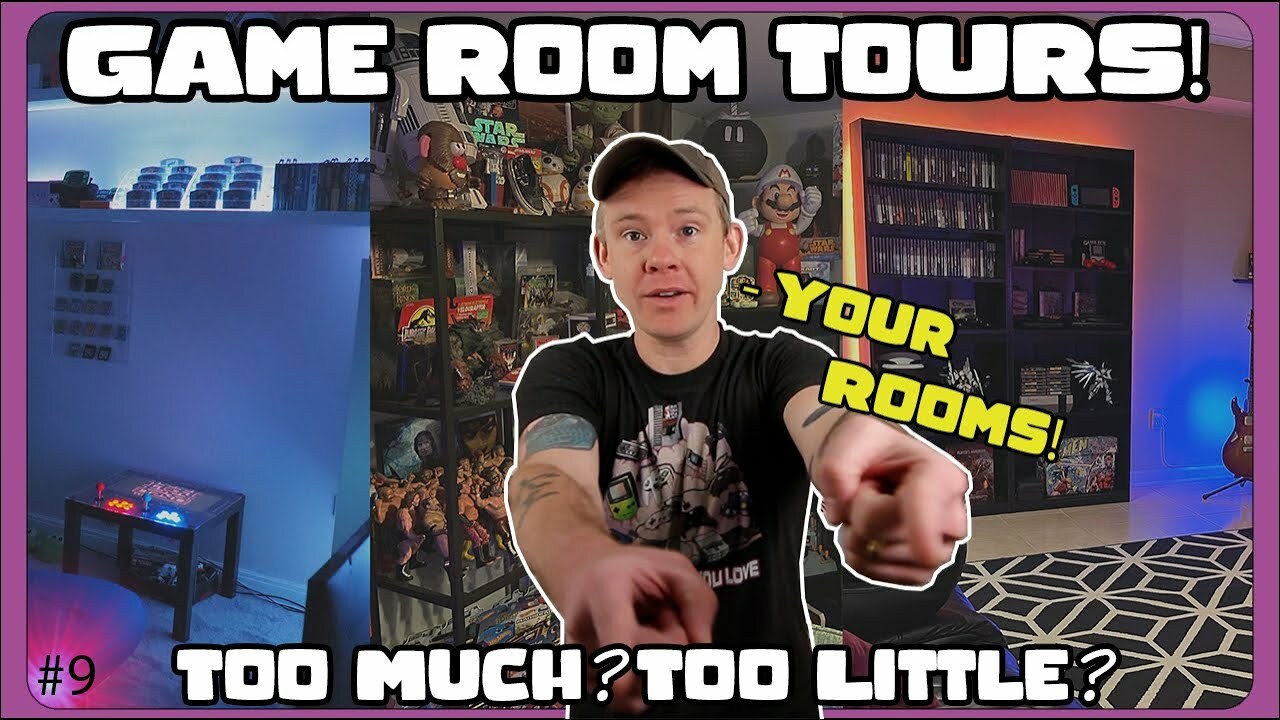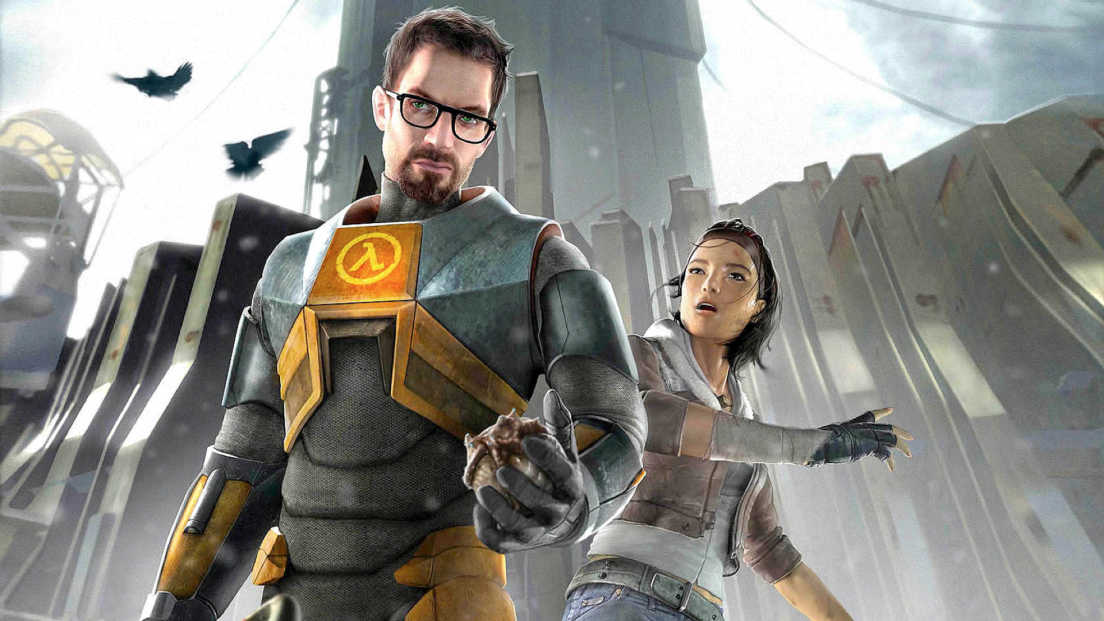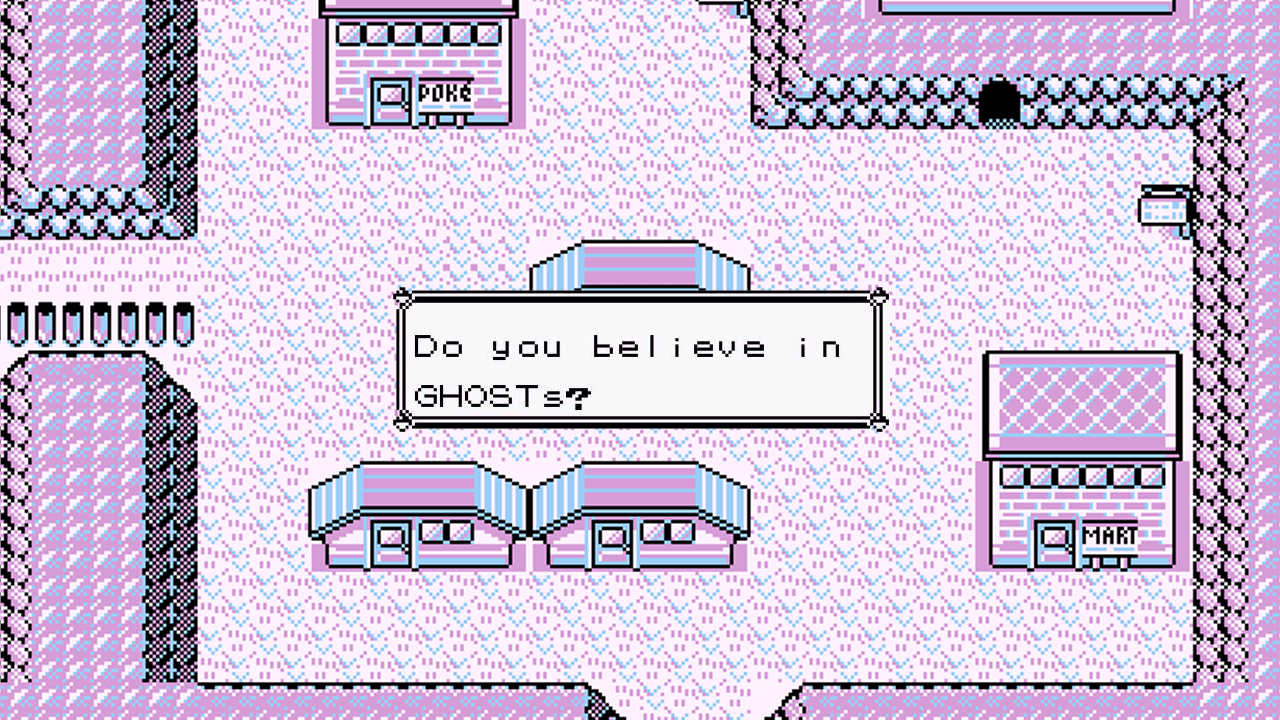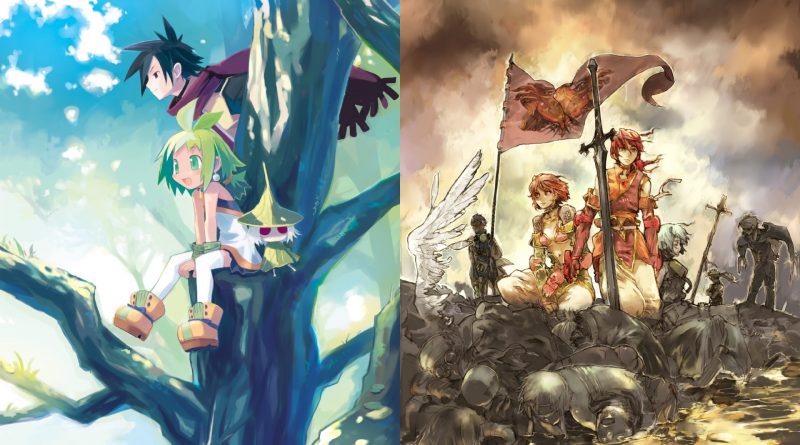Share
Dark Deity wears its inspirations on its sleeve, but it’s also a game that tries to separate itself from those inspirations with some fresh ideas. By and large Dark Deity succeeds in being something original, but there are a few niggling issues that ever so slightly drag it down along the way.
Recapturing the Glory Days
Much like the older Fire Emblem games, Dark Deity plays out between grid-based battles and visual novel-style story segments. It’s an extremely character-focused game with a wealth of different party members that join along the way. The overarching narrative is your fairly typical story of good versus evil, with various forces around the world vying for control of artifacts known as Eternal Aspects.

The narrative is interesting enough on its own, but what really makes it pop are the vibrant characters, who all feel surprisingly well-written. One of my favorite parts of Dark Deity is how each character feels relevant to the entire game, and doesn’t just fade into the background. Characters consistently take part in story scenes, and the relationship system provides conversations between characters that shed more light on the world and story at different points. Other games in the genre often introduce new characters then drop them by the wayside in the story, which is something Dark Deity very much does not do.
Combat is, of course, the essential part of any strategy RPG, and in that aspect Dark Deity doesn’t disappoint. Each character has four different weapons to choose from each of which has a different specialization, like higher damage or higher chance of getting a critical. There isn’t any kind of weapon traingle, however, as advantage in combat is entirely decided by damage type and armor type. It definitely bucks tradition and can be a bit hard to wrap your mind around, but green and red arrows on enemy units help denote if your selected unit has an advantage or disadvatage.
Fresh Ideas, Classic Design
Dark Deity’s best gameplay feature is the detailed class system that provides a metric ton of variety to your playthrough. Each character has a starting class and when they hit level 10 they can rank up to one of four advanced classes, then at level 30, they can rank up to one of four even more advanced classes. These classes can vary wildly in their function, or provide small bonuses. For example, a cleric might be specced to have high defense and melee attacks, or go with another class that grants higher magi power and a boost in the range of their healing. There are 54 classes in total, and it ties into the overall satisfying feeling of character development.

As a linear game, picking and choosing which units to give XP to is vital, and getting a good level up can give you an advantage. At the same time, each of the four weapons can be upgraded to make them more useful, and stat-boosting items can be bought at camp for a hefty price. The final wrinkle comes with the Eternal Aspects themselves that, when equipped, grant unique properties to that character. These can run a wide array of effects, from swapping two different stats to reducing the amount of magical damage that enemies cause. Eternal Aspects aren’t going to give you an unbeatable edge, but they provide another layer of strategy.
The map design of Dark Deity is also pretty stellar across the board, with each map throwing tons of enemies at your party. The developers wanted to ensure that each map provided a unique challenge, and the game succeeds at that for the most part. While a couple are general “destroy all enemies” objectives, most provide something unique to do, like defend a specific area or escape a toxic gas filling a temple.

The biggest problem with Dark Deity’s combat systems is a distinct lack of explanation. There’s practically no tutorial given to players at the start, although tutorials can be found by opening the menu during battle. Unfortunately, the game doesn’t tell you that either, so in many cases, it’s up to players to piece together the game’s systems. In a lengthy strategy RPG that’s not the biggest problem, but it would have been nice to see more guidance from the game itself.
One of the more controversial pieces of Dark Deity might be the removal of permadeath, something that’s been a major part of the genre for decades. While it does somewhat “lighten” the difficulty, characters get a random stat deduction when they die, which potentially has the chance of severely hampering their usefulness. While the general difficulty of the game may be less than other games in the genre, Dark Deity actually has options that let you fine-tune the difficulty however you see fit, and I personally like that a lot.
When choosing a difficulty you can go into a customization menu that lets you chose a variety of options, like randomizing items or even the order you recruit units. You can also edit specific stats for the enemy, tuning them to be higher or lower in general. These options provide a ton of variety to potential replays, and I’d honestly like to see other strategy RPGs let players have so much control over the experience.

Outside of the gameplay, Dark Deity perfectly encapsulates nostalgia in terms of visual and audio presentation. The sprite work is absolutely charming, and there’s a ton of variety to combat animations. One of my favorite little details deals with the HP gauge that looks like a vial of liquid. When a unit dies, depending on the type of damage, the HP vial will be crushed or destroyed in a different way. The soundtrack is good overall, although there are a few exceptional tracks, like the rollicking world map tune that feels exceedingly adventurous.
For the first game from Sword and Axe studio, Dark Deity feels incredibly confident in its execution. There are definitely bugs to iron out, as multiple times I had units get stuck to a single tile, or have enemies glitch out so I couldn’t target them. Still, there’s a ton of variety packed into the 28 different chapters, and the level of character growth helps enhance that even further. Dark Deity may not hit the astronomical heights of the genre classics, but it comes darn close.




